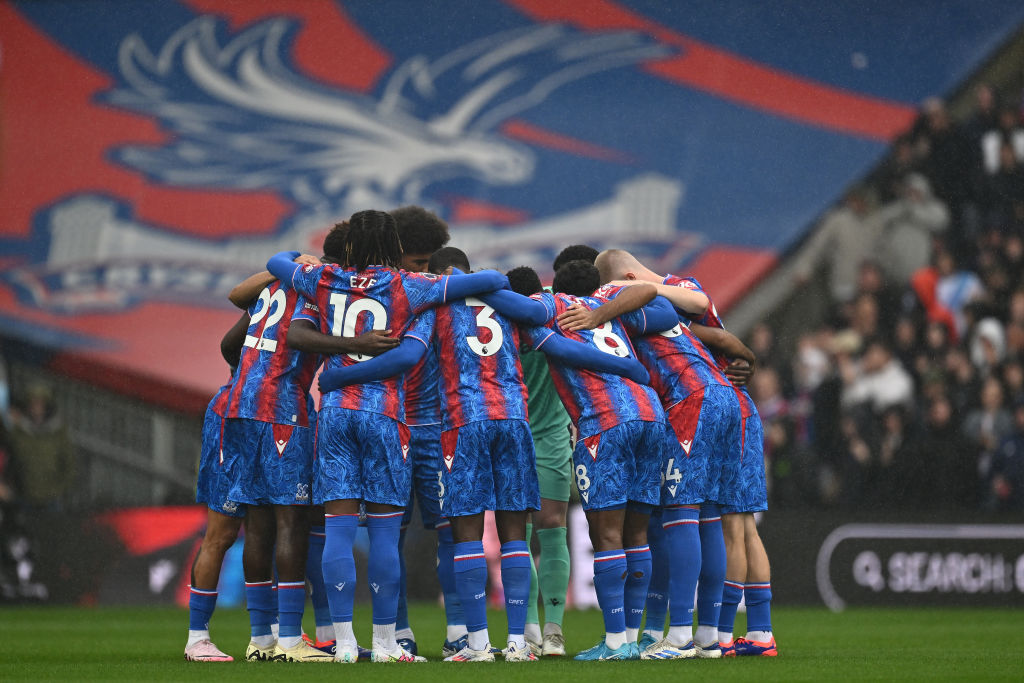Crystal Palace Football Club faced a major setback when their appeal against UEFA’s decision to demote them from the Europa League to the UEFA Conference League for the 2025/2026 season was dismissed by the Court of Arbitration for Sport (CAS). This ruling confirmed that Crystal Palace would compete in Europe’s third-tier competition, while Nottingham Forest would take Palace’s place in the Europa League.
Background: The Ownership Issue
The controversy centers around American businessman John Textor, who previously held stakes in both Crystal Palace and Olympique Lyonnais, a French club. Both clubs earned qualification for the Europa League. However, UEFA’s strict multi-club ownership regulations prohibit any single individual from having “control or decisive influence” over multiple clubs participating in the same European competition.
Textor failed to divest or place his shares in Crystal Palace into a blind trust by the March 1, 2025 deadline mandated by UEFA, resulting in Palace’s disqualification from Europa League eligibility. Olympique Lyonnais, by finishing higher in their respective league, were allowed to retain their Europa League place.
The Appeal and CAS Ruling
Crystal Palace argued in their appeal that Textor no longer exercised decisive influence at the club since he had stepped down from official roles at Palace and Lyon by the time of the appeal. Chairman Steve Parish also suggested that unfair external pressures, particularly from Nottingham Forest’s owner Evangelos Marinakis, influenced the decision.
However, the CAS panel upheld UEFA’s enforcement of the regulations, emphasizing that the rules are clear and must be applied strictly as of the March 1 deadline. The tribunal dismissed Palace’s appeal, confirming that Textor had decisive influence on both clubs at the relevant time, invalidating Palace’s Europa League spot.
Consequences for Crystal Palace
This ruling presents serious sporting and financial challenges for the club. Participation in the Conference League instead of the Europa League significantly reduces potential revenue—estimated at a loss of roughly £20 million—and diminishes the club’s exposure on the European stage.
On the sporting front, Palace must prepare for the Conference League playoffs, starting with a match-up against the winner of the play-off between Danish club Midtjylland and Norwegian club Fredrikstad, with Midtjylland currently leading 3-1 from the first leg.
Changes in Ownership & Future Outlook
Since the initial UEFA decision, John Textor has sold his stake in Crystal Palace to Woody Johnson, owner of the New York Jets, and stepped down from Lyon’s board, with Michele Kang now serving as chairperson. Unfortunately for Palace, these changes occurred after the March 1 compliance deadline, rendering them irrelevant to the UEFA ruling.
Supporters and club officials expressed frustration with the outcome. Goalkeeper Dean Henderson voiced hope that the club’s achievements on the pitch would eventually be recognized. Chairman Parish had previously vowed to pursue further legal options but indicated that with this CAS verdict, the club’s immediate future lies in the Conference League.
Conclusion
Crystal Palace’s failed appeal against demotion from the Europa League highlights the complexities of modern football governance, particularly regarding multi-club ownership rules. UEFA’s strict enforcement of these regulations—despite Palace’s on-field success winning the FA Cup—demonstrates the precedence of administrative compliance over sporting merit in European competitions. Nottingham Forest’s elevation into the Europa League epitomizes the consequences of non-compliance.
For Crystal Palace, this episode marks a challenging period as they reconcile with the financial, competitive, and reputational impacts of the ruling — all while aiming to continue building on their remarkable FA Cup triumph.

